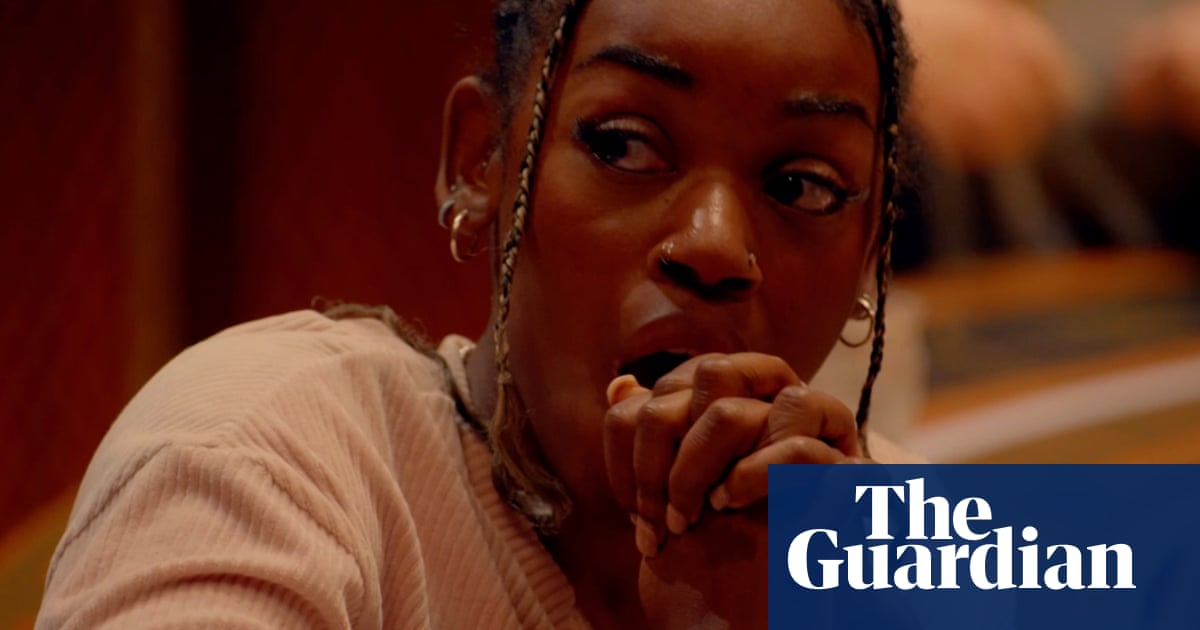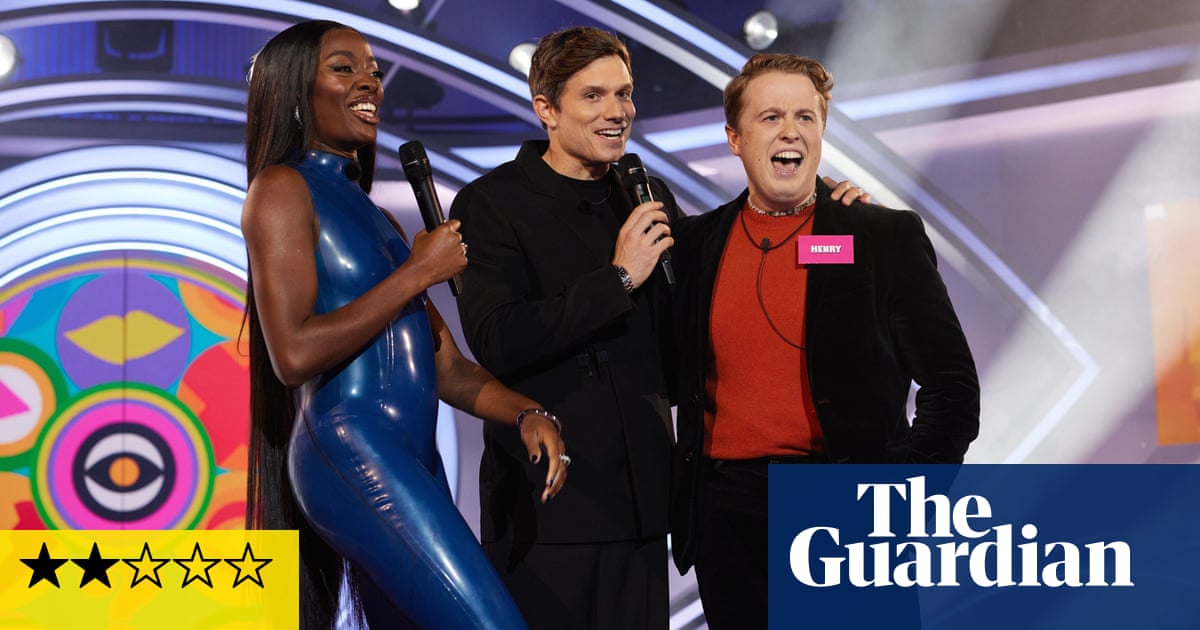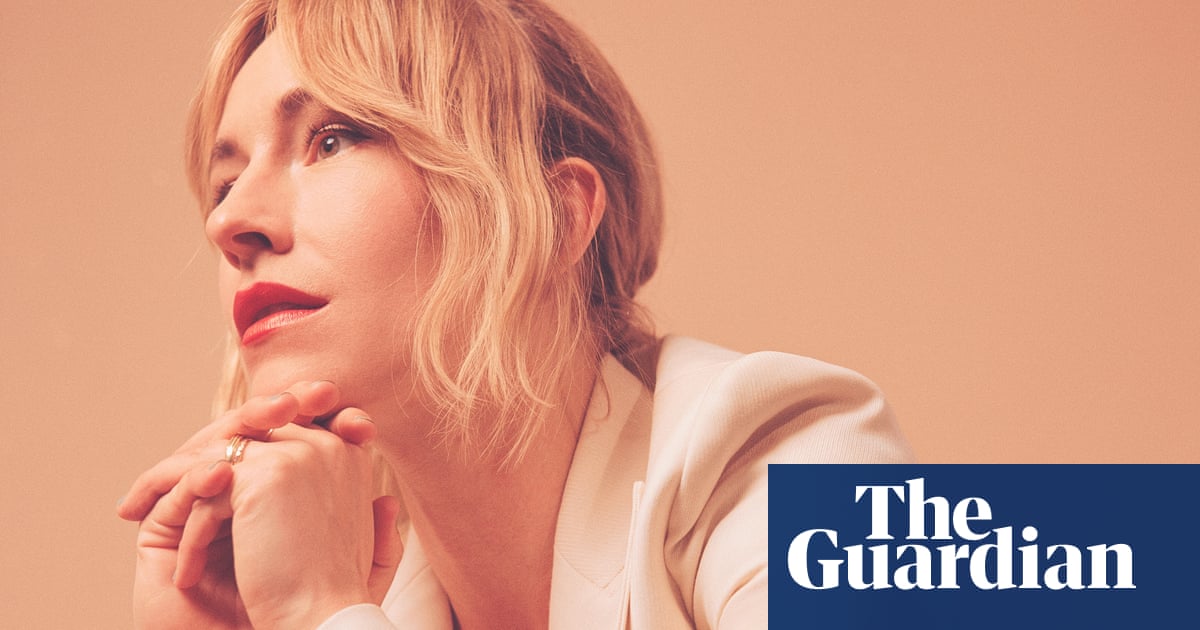
ver the years, I have written scores of articles about the mistreatment of black women in two of my favourite forms of media: reality TV and music. In the UK, black female musicians are continuously erased. Meanwhile in reality TV, we seem to be cast almost solely to solidify pre-existing tropes in the public imagination.
Big Brother was committed to representation, but mainly of the “angry black woman” stereotype through the portrayal of contestants such as Alexandra De-Gale and Charley Uchea. Despite being a show on which shrewdness is applauded, The Apprentice still managed to paint the contestants Joanna Jarjue and Bianca Miller as unreasonably cold. Sometimes exclusion from these programmes altogether is preferable to the excruciating, anxiety-inducing fretting about the backlash they’ll no doubt receive once a series ends.
But there is something about when these two mediums meet, in the form of musical talent shows, that creates a perfect storm that is particularly hard to watch.
On The X Factor the insensitivities came thick and fast. Louis Walsh’s tendency to tell any black singer auditioning that they reminded him of a “young Chaka Khan” or “a young Tina Turner” or most memorably (and bafflingly) “a young Lenny Henry”, was pretty much the only consistent feedback he gave them. Whether it came to the public or judges’ votes, we grew to expect black women with mountain-moving voices to be ousted against whichever sing-speaking white girl of the week with back-combed hair they were up against. It was a surprisingly apt representation of how the music industry works.
But sometimes the mistreatment was more apparent. Misha B, who came fourth on The X Factor in 2011, has spoken on Instagram about her treatment on the show. She said that the producers, had a “corrupted agenda” to frame her as a bully. Part of this came down to the judges accusing her of being “over-confident”, with a clip of Tulisa Contostavlos referring to her as “feisty” and “mean” on camera after a performance causing particular upset.
“I know that I’m not the only one who has heard those words: feisty, mean,” Misha B wrote. “These are common words people use to describe black women … I was aware that they were going to throw this angry black girl narrative at me.”
Contostavlos has since denied accusations of racism but in common with many reality shows, The X Factor has had issues with its black female contestants. Hannah Barrett, who reached the quarter finals in 2013, supported Misha’s comments, saying her experience “scarred her”. “OFF CAMERA, they defo [sic] tried that shit with me and treated me different for being darker,” she added.
Although production decisions and editing play a huge part in how black participants are portrayed, the viewers often do a pretty good job of discriminating against them, too. In 2017, during a flawless stint on Strictly Come Dancing, Alexandra Burke became a shimmying, shimmering allegory of life in Britain for many black women. Despite receiving back-to-back top marks from the judges, she found herself in the bottom two on multiple occasions. Like Misha B, she was accused of “cockiness” and “overconfidence” by the papers and public alike. When she shed tears, she was written off as over-the-top, despite the well-publicised death of her mother shortly before filming. She was deemed undeserving of sympathy or the coveted gaudy glitterball trophy.
In an interview with the BBC, when her race was broached as a possible reason for such a hostile public reception, Burke said: “I don’t think it comes down to colour ... We might be all different colours, but we’re all the same – we’re all human.” This colourblindness is not a condition shared by a nation that sees very much in black and white. An analysis by the Guardian in 2016 showed that ethnic minority contestants are 71% more likely to be in the show’s bottom two compared with their white counterparts. If you are both black and a woman on the show, that increases to 83% – ironic, given the stereotypes about black people and dancing ability.
Accusations of racism in Strictly have been swatted away using the 2016 winner, Ore Oduba, as a human shield, while The X Factor’s first ever winner, Steve Brookstein dismissed Misha B’s treatment as simply equal opportunities cruelty. I have no doubt that contestants of all colours and creeds have been consistently put through the ringer on The X Factor (Simon Cowell’s record label is surely called Syco for good reason). But the level of critique that black women face, as well as the amiability they must display in response to avoid being loathed by the public is disproportionate.
A black female Frankie Cocozza is impossible to imagine. The 20-year-old “just happy to be there” Burke, snottily sobbing at the mere sight of Beyoncé, won the show and the hearts of millions in 2008. The polished, poised and professional version on Strictly years later rubbed many up the wrong way, with an attitude that was not indebted to the public but self assured. And if there is one thing the UK hates, it is an “ungrateful” minority.
What is more painful still is that the experience of many black women such as Misha B on X Factor is simply a reflection of what many black women experience in the music industry behind the scenes. The only difference is that it is televised. The best remedy, the response Misha B truly deserves, is widespread support of her as an artist, not to mention the countless other talented, overlooked black female artists like her. And yet, once the uproar dies down, I have no doubt that this will not be the last piece on the marginalisation of black women in music and reality TV that I will write.












